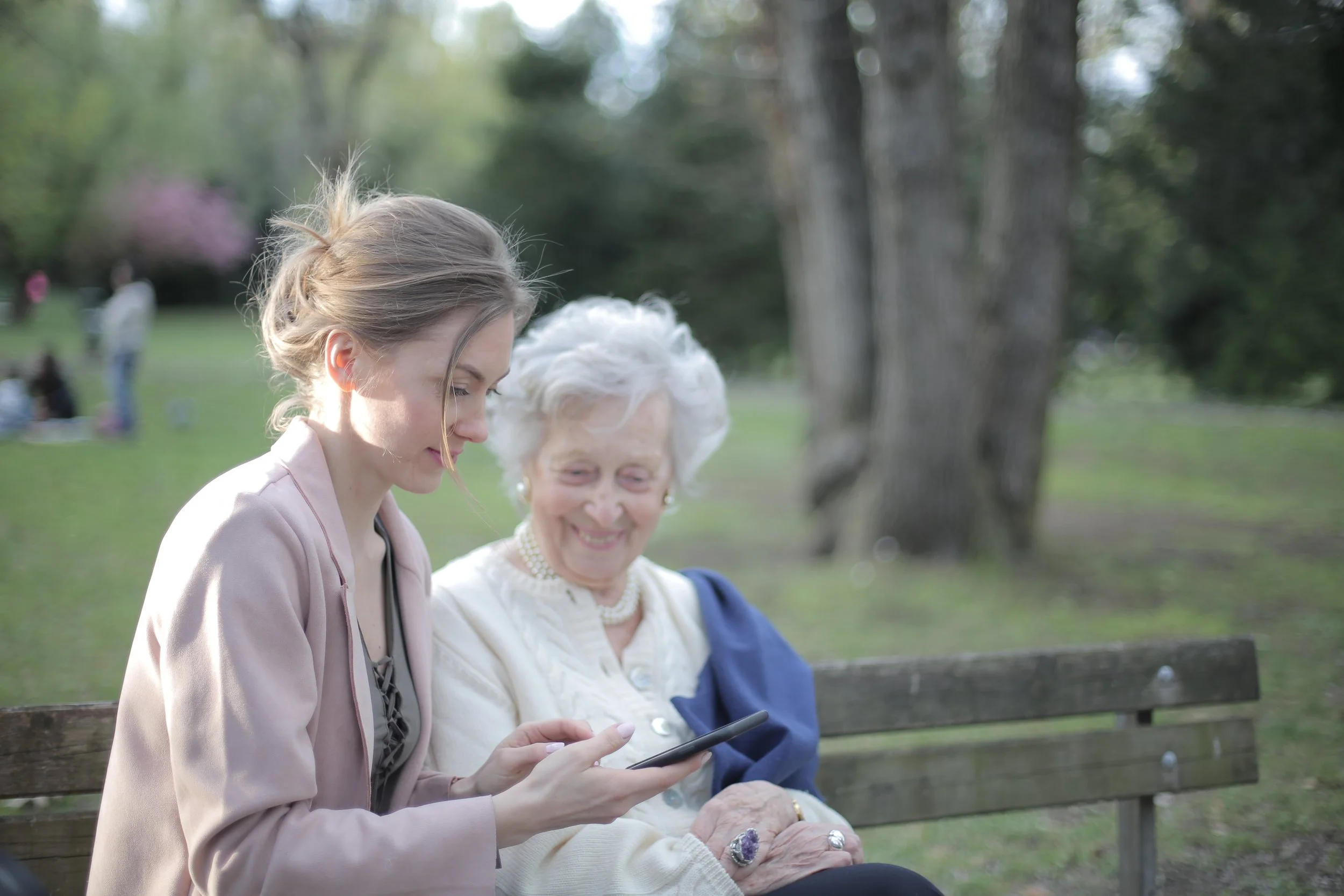July is National Family Reunion Month and the perfect time to reconnect with family from near and far, share life’s updates, and reminisce about the wonderful memories you share together. If you’re getting together with family this month, it’s also a perfect time to talk to your loved ones about your shared goals, family resources and the legacy you want to leave behind for the next generation.
You might think that estate planning is too somber a topic for a happy family reunion, but it can actually be an opportunity to bring you closer to your loved ones by giving everyone time to speak openly about their wishes for the family and can help everyone feel unified by working together toward the family’s future wellbeing.
Not sure how to bring up estate planning in a way that makes your family feel empowered? Keep reading to learn how to navigate the conversation without scaring away party guests!
Read More









